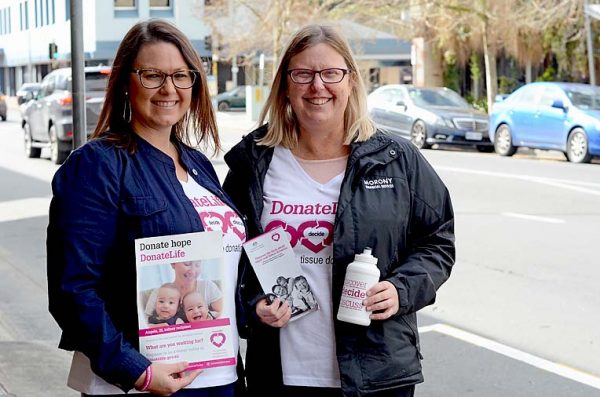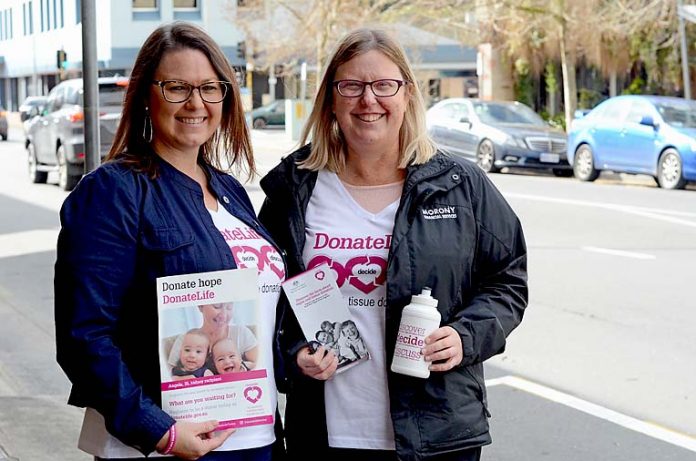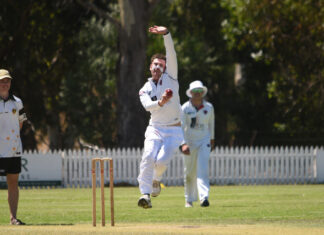
THE greatest gift a seriously ill person can receive is a new lease of life, but many people in need of a life-saving organ or tissue transplant are left waiting too long for that chance.
More than 1400 Australians are on the wait list for a life-saving transplant, with a further 11,000 on dialysis.
For someone seriously ill, an organ or tissue transplant can mean the difference between life or death, being healthy or sick, between seeing or being blind and between being active or never walking again.
That is why Kimberley Telford and Danielle Horton – who both know all about the importance of organ and tissue donation – will spend DonateLife Week encouraging South East residents to register as donors.
Last year, Ms Telford became one of the first people to receive a life-saving pancreas kidney transplant at the new Royal Adelaide Hospital.
“It made me look at life a little bit differently and it made me appreciate all the love and support I have around me,” Ms Telford said.
“But even more importantly, it’s given me this purpose to get the word out and give back by promoting this important cause.”
While Ms Telford was lucky to receive a transplant within five months of going on the waiting list, others are not so fortunate.
Ms Horton only has 11pc kidney function, however because she is not sick enough to be on dialysis, she is not yet eligible to be on the waiting list.
While more registered donors will not necessarily help Ms Horton in the short-term, that reality has not stopped her from promoting DonateLife.
“For me it is just about getting the awareness out to get people signed up, because we are just wasting so many valuable organs,” Ms Horton said.
“One organ and tissue donor can save and transform the lives of many people who are very ill or dying because an organ is failing.”
Ms Telford said one of the biggest challenges was encouraging Australians to have the initial “tough conversation”.
“It can be too confronting for people – they do not want to have the conversation because they believe this is a chat to have later in life, because dying happens to old people,” she said.
“Unfortunately that’s just not the case and it’s the age range from 16 to 25 who we really need to target because unfortunately statistics say they are in the high risk zone.”
This DonateLife Week, Australians are being urged to grab their ‘plus one’, encourage them to register and double the amount of potential organ and tissue donors.
“I think it’s somewhere around 78pc of people say they are happy to be organ donors, but then the actual number who are registered is nowhere near that percentage,” Ms Horton said.
“So this week, we are asking people who are already registered, to grab one person and get them registered, so then the number instantaneously doubles.”
Ms Horton said donors leave an ever-lasting legacy, particularly on those fortunate enough to receive a life-saving transplant.
“Families go through a really emotional time because they have just lost a loved one, but at that same time that loved one is providing a life to another family,” she said.
“For people receiving a transplant, it is tough because they are trying to feel joy, but they know people are suffering, so it is hard, but the legacy left by that donor is ever-lasting.”
Ms Telford and Ms Horton have organised a stand at Mount Gambier Centro on Thursday, Friday and Saturday to help promote Donate Life Week.
“We will be there along with other members of the community to answer any questions people might have and just to provide information about DonateLife and what people need to do to register,” Ms Telford said.








